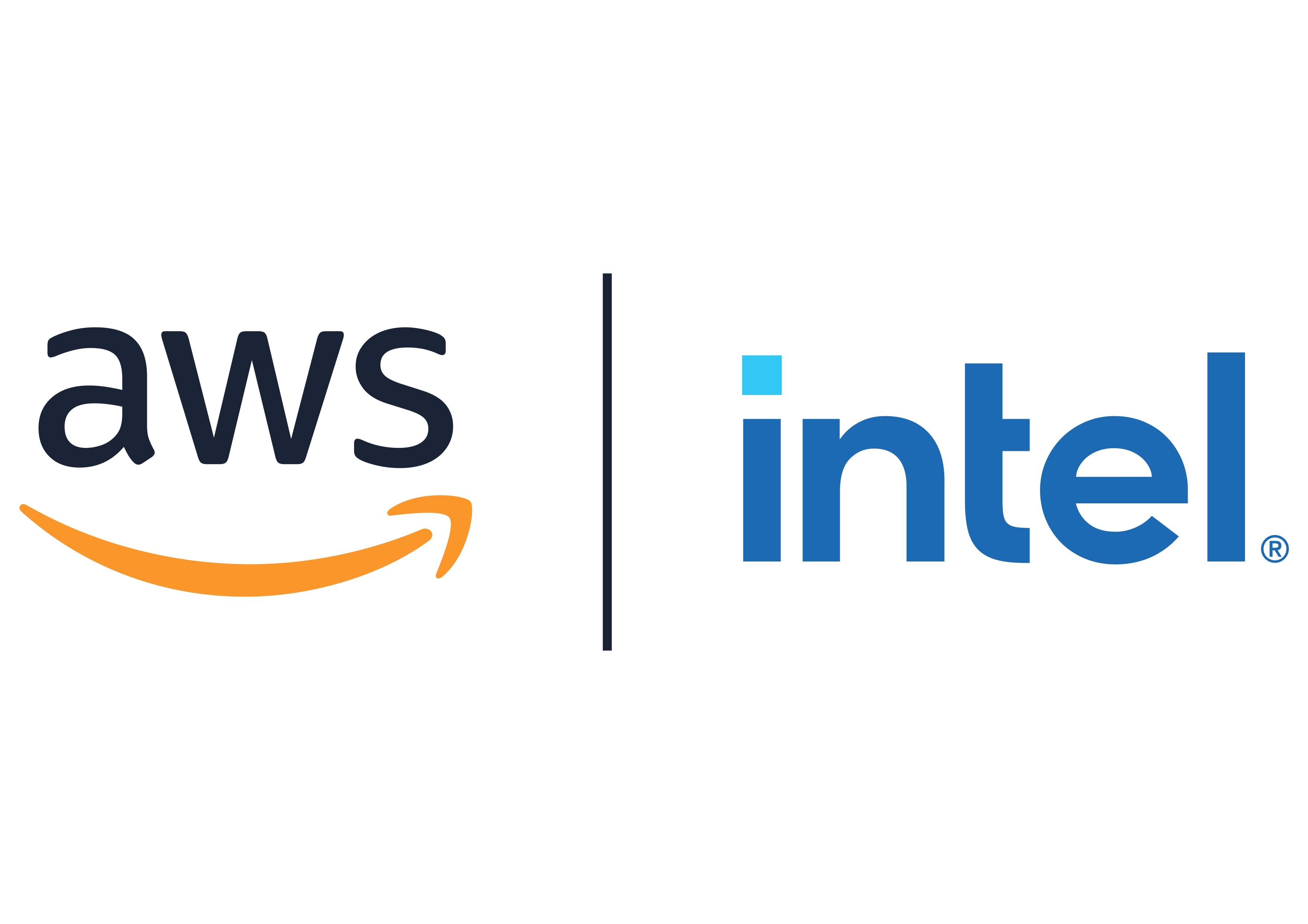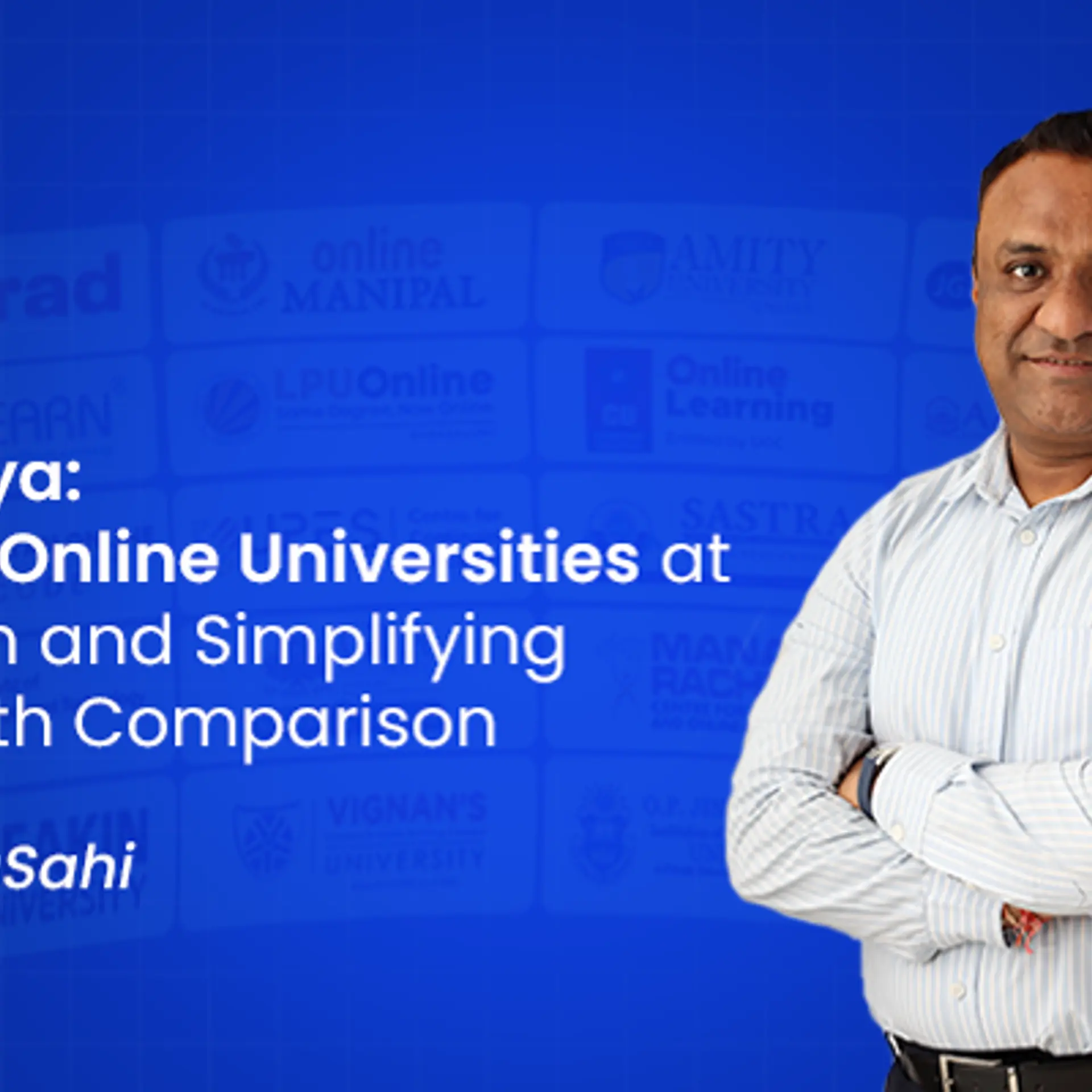
AWS | Intel
View Brand PublisherMeet the women at the heart of India’s healthtech revolution
India’s healthtech sector is on the cusp of a revolution. According to a recent industry report, ‘Unleashing the Healthtech Potential’ by RBSA Advisors, India’s healthtech ecosystem will be a $50 billion market by 2033, growing 39% CAGR between 2020 to 2023.
India’s healthtech sector is on the cusp of a revolution. According to a recent industry report, ‘Unleashing the Healthtech Potential’ by RBSA Advisors, India’s healthtech ecosystem will be a $50 billion market by 2033, growing 39% CAGR between 2020 to 2023. One of the main engines behind this spectacular growth are tech startups, which have been instrumental in addressing India’s core healthcare challenges.
In our AWS Women in Tech Series – Healthcare, we bring to you the stories of six women, who have not only disrupted the healthtech business landscape, but are also role models for the next generation of budding women entrepreneurs.
1. Meenakshi Singh, Synapsica Healthcare

India faces an acute shortage of trained radiologists, with only an estimated 10,000 available in the system. Given that radiology reports are critical to the diagnosis and treatment of an illness, it becomes imperative to reduce the burden on radiologists with automation. That’s what Synapsica Healthcare is aiming to achieve. “Through in-depth and quick radiology reports, we want to create a platform that helps doctors treat patients without second-guessing the report, even if it comes from small, standalone, diagnostic centers from Tier II or III cities,” she says.
Today more than 500 radiologists trust Synapsica’s cloud solution as a secure way of managing their workflow. Radiologists are able to report from any device, anywhere with seamless connectivity across imaging sites. Their AI assistants are making hospital workflows smoother by triaging and prioritising critical scans.
In the next two years, plans to bring automation to 60% of all radiology cases in clinical diagnostics and create more new-age reports that will aid faster and accurate diagnosis. Their tech team relies on AWS to provide easy deployment, reliable server uptime, data backup, and security to its customers. “With AWS, building these deployment structures offline has become redundant,” Meenakshi adds.
2. Khushboo Aggarwal, Zyla Health

A pharmacist-MBA by training, Khushboo Aggarwal was working on a consulting project in California when her father had a cardiac event brought on by diabetes. The next six months saw Khushboo experience the helplessness patients and caregivers encounter with regards to accountability. “Even though a chronic patient in India spends between Rs 15,000 to 50,000 per year on their health, they end up with an untimely complication and hospitalisation, with 80% of them suffering a heart attack or kidney failure. There isn’t any one entity that takes accountability of a patient’s health,” she says. To bridge this gap, Khushboo founded Zyla Health in 2017.
Today, Zyla’s healthcare platform provides hyper personalised and real-time care across health conditions - from diabetes to pregnancy. The key differentiating factor of Zyla is that it takes a holistic, clinical approach to provide hyper-personalised and real-time patient care under an experienced team of accomplished doctors and healthcare experts. Leveraging its proprietary AI engine that is built on 50,000+ medical protocols, Zyla delivers critical medical and lifestyle interventions by taking into account historical and real-time patient data across diseases, diagnostics, drugs, symptoms, and lifestyle (D3SL), thereby providing the most personalised care based on a patient’s unique health data map. “With Amazon Elastic Kubernetes Service (EKS), Zyla’s AI platform is capable of scaling to millions of simultaneous connections with a response time of less than a second. Amazon Textract also helps to digitise lab tests and prescriptions at scale almost instantly,” she says.
So far, Zyla has been instrumental in transforming the lives of over two lakh patients across 595 cities in India. “We want to make quality healthcare accessible to positively impact the lives of more than 10 million people by 2025.” says Khushboo.
3. Shobhita Narain and Shashwata Narain, Veera Health

When Shobhita Narain started experiencing symptoms of polycystic ovary syndrome (PCOS), all the medical advice she sought - right from diagnosis to treatment - ended up confusing her. It was then that Shobhita, along with her sister Shashwata, realised that most women had similar experiences. While Shobhita studied biology and psychology, followed by a career in healthcare, Shashwata finished her MBA and worked across financial and marketing firms. Blending the best of their personal relationship and professional experience, the Narain sisters unified their diverging goals by starting .
As a digital therapeutics platform, the startup helps women identify and navigate PCOS by providing access to doctors, nutritionists and lifestyle coaches to diagnose, help them understand and deal with the condition better and provide personalised treatments. The sisters saw a tremendously positive response within a year of launch. “85% of our members report feeling in control of their PCOS within a month,” shares Shashwata. “Without Veera, most women might visit a clinic once in six months to assess the status of their PCOS. Beyond that, they have no support in trying to manage this extremely complex condition,” she adds.
4. Dr Praapti Jayaswal and Avlokita Tiwari, AarogyaAI

AarogyaAI’s story began in 2019. Dr. Praapti Jayaswal had just completed her PhD and Avlokita Tiwari had returned to India from Japan after completing a research stint. The two co-founders wanted to apply their education to solve real world problems, and started working towards diagnosing drug resistance in tuberculosis. India reports the maximum number of cases of multidrug-resistant tuberculosis (MDR)-TB in the world, and accounts for one-fourth of the global burden in drug-resistant tuberculosis (DR-TB). Diagnosis for the disease often takes weeks.
The duo launched , which utilises genomics and Artificial Intelligence to diagnose DR-TB within hours. AWS also helps them with the latest technology in terms of algorithm deployment as well as security, ensuring that patients are provided with precision diagnosis and effective medication. This quick detection helps in controlling the spread of the disease, prevents the deterioration of the patient’s health, and doesn’t cause extra expenditure for both the patient and the government. With AarogyaAI, the founders wanted to ensure that patients get treated on time and do not suffer or succumb to curable diseases like TB.
The vision for AarogyaAI was simple - helping physicians make data driven treatment decisions. The platform continuously learns and predicts new mutations that confer drug resistance in Mycobacterium tuberculosis. Today, amidst the COVID-19 pandemic, the entrepreneurs leveraged their expertise and the tech platform to build a pipeline for COVID genome analysis. “We are now expanding the scope of our tech solution beyond TB,” Praapti says.
Battling challenges and mindsets
Tackling some of the most pressing healthcare needs, the journeys of these women entrepreneurs have had their fair share of challenges. “With healthcare, one of the biggest challenges will always be creating more awareness around the condition,” say the sibling entrepreneurs of Veera. “There is a lot of misconception and misinformation related to a health condition like PCOS making it harder to drive awareness,” they say. Another equally big challenge today for healthtech startups like AarogyaAI has been trying to explain the relevance of technology and data to address a healthcare challenge.
For Sypnapsica’s Meenakshi and Zyla’s Khushboo, the challenges were more to do with the lack of access to support in areas that were outside of their expertise. Despite having considerable healthcare experience, Khushboo found herself depending on others to understand the tech aspect of the business. For Meenakshi, it was the lack of investor guidance in the early weeks of launching the product. “While we were excited about introducing a new AI-first workflow in the radiology market, we were also desperate for mentorship and investment opportunities to grow,” she recollects.
However, the entrepreneurs underline that in addition to the business challenges, there are other barriers that add to complexity. Dr Praapti and Avlokita Tiwari point out that one of the primary deterrents for women entrepreneurs in healthtech is the lack of confidence shown in their abilities.
The women entrepreneurs believe that more role models in the startup space will be instrumental in addressing the mindset issue. Veera’s Shashwata adds that when women entrepreneurs believe in themselves, their ideas and startups, they will make a huge difference. “It is best to just jump in and brave the waves,” she says. Echoing similar sentiments, Khushboo adds, “The secret to overcoming challenges is knowing your purpose. Because, that will sustain the entrepreneur through the highs and lows."
Powering the future of healthcare on the cloud
For each of these women entrepreneurs, cloud has been a great enabler to drive societal impact by providing next generation healthcare solutions and fostering innovation. As Avlokita of AarogyaAI puts it “AWS technologies will be at the center of helping us translate our vision into real world impact.”







